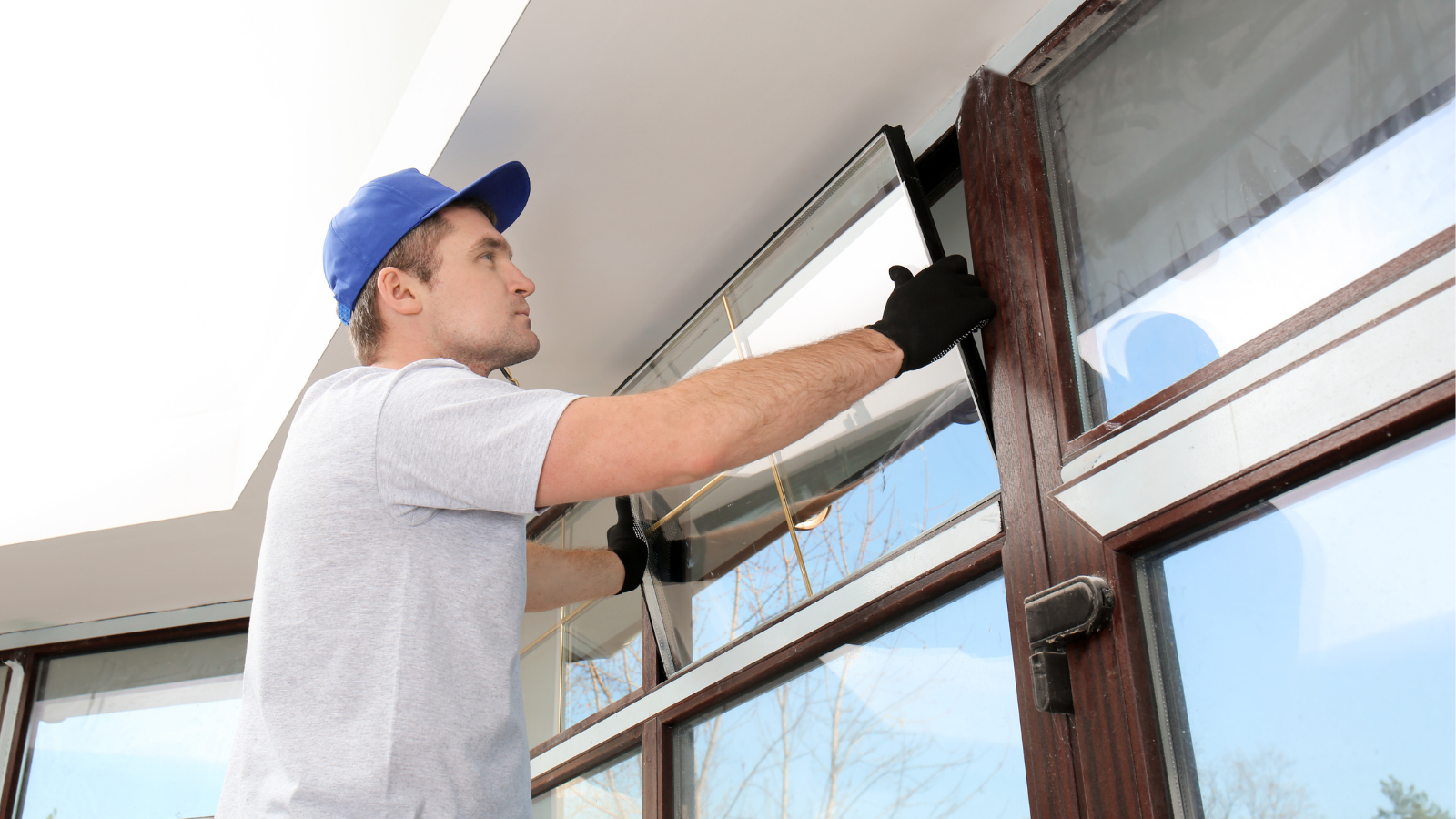
Researchers at Princeton University have developed a new type of smart window that resolves the problems regarding the power required to operate the smart technology – problems that have made them difficult to install in existing buildings. This self-powered version is expected to be inexpensive and easy to apply to existing windows. The system features solar cells that selectively absorb near-ultraviolet (near-UV) light, so the new windows are completely self-powered. Smart windows can save up to 40 percent in an average building’s energy costs.
“Sunlight is a mixture of electromagnetic radiation made up of near-UV rays, visible light, and infrared energy, or heat,” said Yueh-Lin (Lynn) Loo, director of the Andlinger Center for Energy and the Environment and professor of chemical and biological engineering. “We wanted the smart window to dynamically control the amount of natural light and heat that can come inside, saving on energy cost and making the space more comfortable. This new technology is actually smart management of the entire spectrum of sunlight.”
The group used organic semiconductors as they can be modified to absorb near-UV light. The semiconductor molecules are deposited as thin films on glass, and when the solar cell is operational, sunlight excites them to produce electricity. They also constructed a smart window consisting of electrochromic polymers which when receiving the electrical charge change in color from clear to dark blue, thus blocking more than 80 percent of light. Other technologies use infrared energy which carries heat, so using it to generate electricity can conflict with a smart window’s function of controlling the flow of heat in or out of a building.
The team aims to create a flexible version of the solar-powered smart window system that can be applied to existing windows via lamination. “Someone in their house or apartment could take these wireless smart window laminates – which could have a sticky backing that is peeled off – and install them on the interior of their windows,” said Nicholas Davy, a doctoral student in the chemical and biological engineering department. “Then you could control the sunlight passing into your home using an app on your phone, thereby instantly improving energy efficiency, comfort, and privacy.”